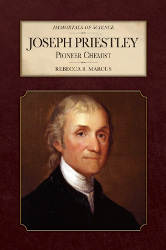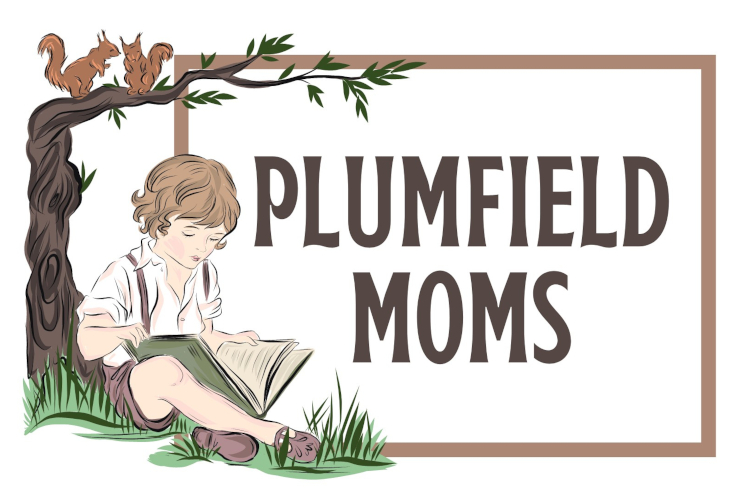Joseph Priestley: Pioneer Chemist

Author:
Rebecca B. Marcus
Illustrator:
Peter Costanza
Publication:
1961 by Franklin Watts, Inc
Genre:
Biography, Non-fiction, Science
Series:
Immortals of Science ![]() Members Only (World History)
Members Only (World History)
Pages:
145
Current state:
This book has been evaluated and information added. It has not been read and content considerations may not be complete.
Book Guide
Search for this book used on:
JOSEPH PRIESTLEY is known as the "father of pneumatic chemistry," because of his pioneer work with gases. The methods he invented of collecting and testing gases enabled later chemists to carry on where he left off.
His greatest discovery was the preparation of oxygen from mercuric oxide, in 1774. He is credited with having discovered a number of other gases, among them hydrogen chloride, ammonia, and carbon monoxide.
Priestley's formal training was in theology, and early in life he became a Nonconformist minister. His first scientific interest was in electricity, but soon he turned to chemistry. His preparation of "soda water" won him the Royal Society of London's Copley Medal in 1773.
Always sympathetic to the cause of the American Colonies, Priestley emigrated to the United States in 1794. His house in Northumberland, Pennsylvania, still stands, and is maintained as a memorial to his great pioneer chemist.
An excellent exposition of the life and work of this pioneer chemist who, in addition to being a great scientist, was also a theologian, author, philosopher, and humanist. The Joseph Priestley Medal is awarded each year by the American Chemical Society for outstanding achievements in chemistry.
From the book
To view an example page please sign in.




